Franz Dietrich (PSE & CNRS) & Kai Spiekermann (LSE): “Does Deliberation Improve Voting Outcomes”
Does prior deliberation increase the epistemic quality of majority voting? This depends on whether the deliberators have private information to share (they are, in a certain sense, “diverse”) and on how the information is aggregated. Without prior deliberation, voting can display three epistemic failures: (i) information held by only a few voters is underappreciated, as it affects few votes; (ii) the strength of a voter’s information is neglected, because of “one man one vote”; (iii) complementarities between the information of different voters are neglected, since votes do not synthesize information of different voters. We present a simple model that captures some of these failures, and use simulations to confirm the hypothesis that deliberation can help to avoid the failures under suitable circumstances. The model also helps us to investigate how the assumption of competence homogeneity in Dietrich and Spiekermann’s (2013) Competence-Sensitive Jury Theorem can be relaxed. Our results show that one way to conceptualize diversity is as heterogeneity in sources. Finally, we discuss links to Landemore’s and Page’s work on the epistemic benefits of diversity.



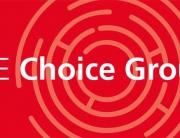
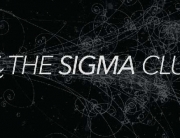
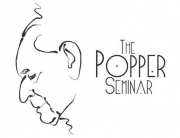

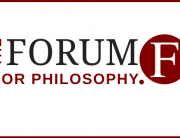







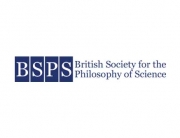
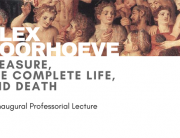
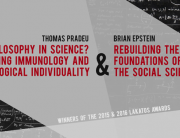
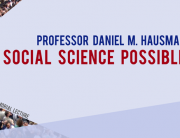
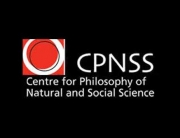


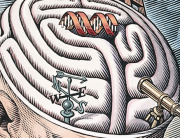
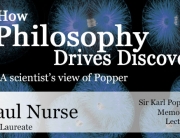
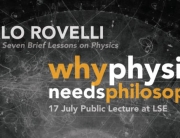

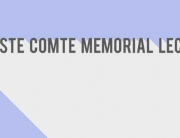
Connect with us
Facebook
Twitter
Youtube
Flickr